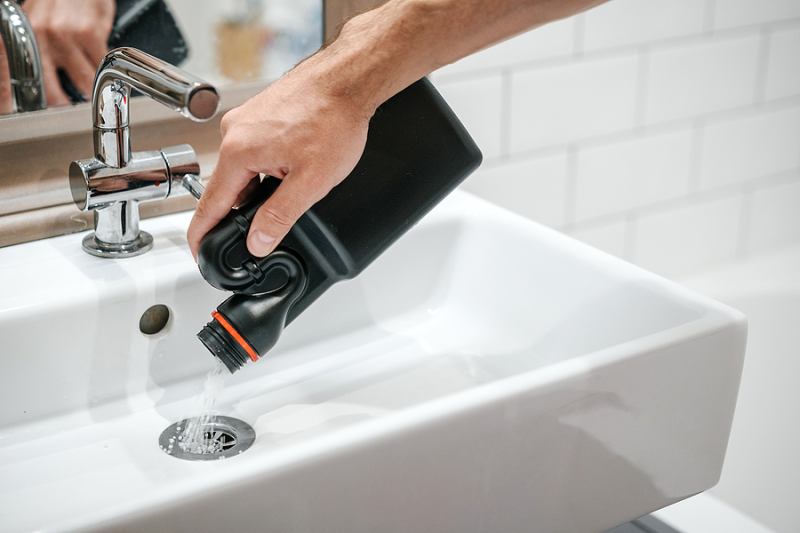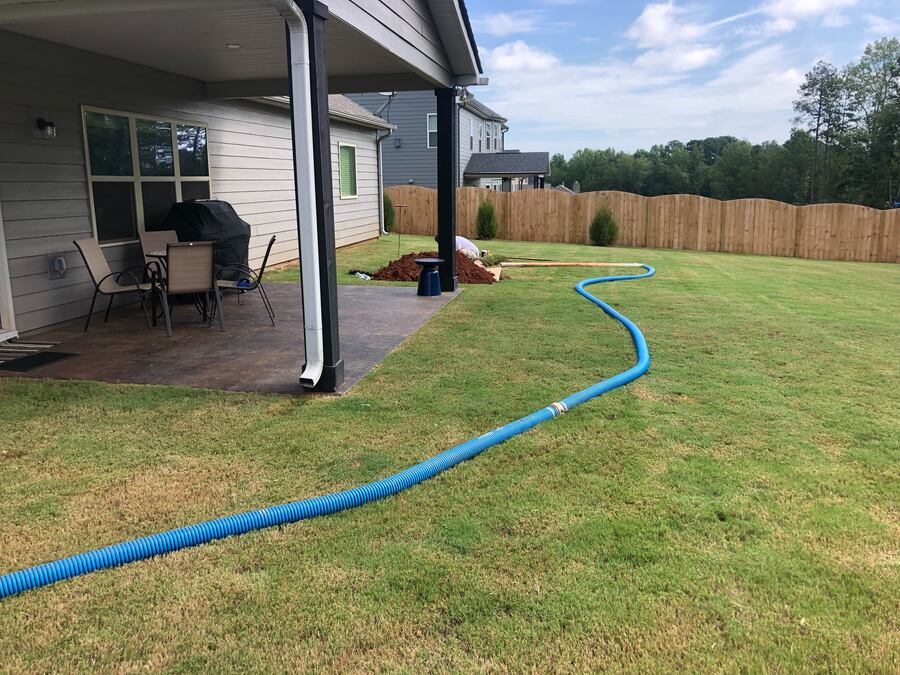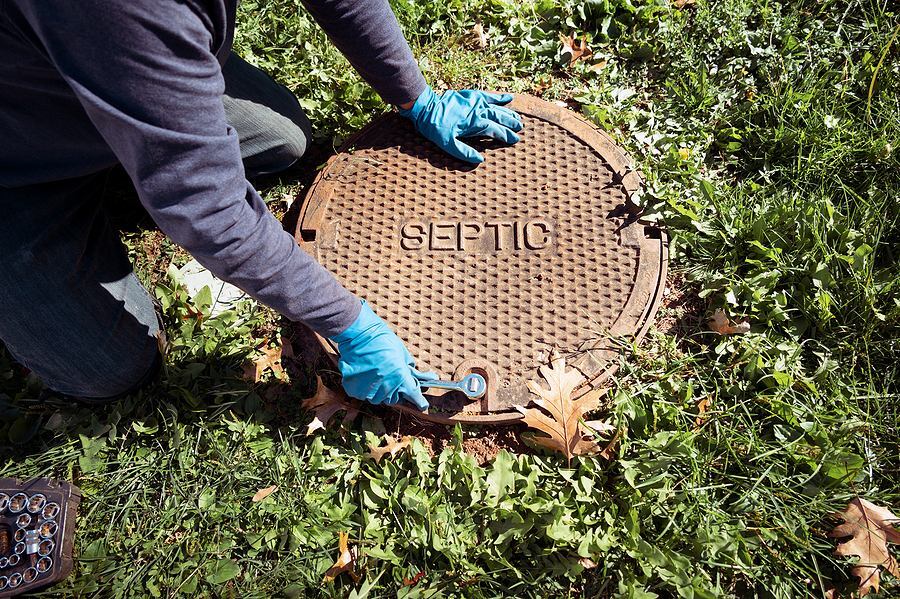
5 Chemicals that Harm the Septic System
When it comes to your septic system, chemicals can be good or bad, depending on the circumstances. If your system’s functioning deteriorates, there are chemical additives you can use to restore it to optimal condition. However, some chemicals are very harmful and compromise the health and bacteria levels needed for efficient waste management. Regular septic tank maintenance from a reputable service provider can help steer clear of dangerous chemicals and prevent costly repairs and replacements.
Homes that rely on a septic system for clean water should be careful of what goes down the toilet and drains since some chemicals can corrupt the tank. A septic system requires caution on the type of chemicals you flush, especially since some can damage the whole system. Here are some chemicals to look for before the issue becomes more pronounced.
Gasoline
When cleaning the garage or disposing of old gasoline cans, it is never a good idea to flush or pour gasoline into the septic system. The chemicals in gasoline may not cause instant damage to your unit, but they hinder soil nutrients from reaching the greenery in your backyard. A septic tank separates solid waste from wastewater, which flows to the drain field for filtration before being released into the earth. Gasoline makes it difficult for the roots to absorb nutrients vital for growth, causing stunted growth and drying.
Antibiotic
While residential properties usually don’t have this problem, hospitals are where many antibiotics go down the drain. Antibiotics are essential for fighting disease-causing microorganisms in our bodies. Still, they eliminate healthy bacteria critical for breaking down the solid waste and cleaning the water in the septic tank. Antibiotics deter your septic system from effectively managing waste from your building, increasing the risk of significant damage in the future.
Phosphate
If you rely on your septic system for waste management, it is crucial to minimize the use of phosphate products. Phosphate is a common ingredient in cleaning products like detergents, and using too much of these products increases phosphate levels in your soil. This goes a long way in preventing damage and subsequent effects on bacteria levels. The last thing you want is a clogged septic system, leading to emergency septic tank repair.
Magnesium Sulphate
Magnesium sulphate is not common in many products and is usually used to make toilet bowl cleaners. Although the primary purpose of this chemical is to maintain a clean toilet, when used in excess amounts, it can cause significant damage. While most manufacturers indicate the appropriate amount safe for your septic system, you can consult the experts at Septic Connection for professional advice and guidance.
Chlorine
Chlorine is used for various purposes in our daily lives, but if too much ends up in the septic tank, it can compromise the treatment process. Aside from destroying bacteria needed to clean wastewater, the accumulation of chlorine leads to the formation of chlorine gas which causes various respiratory complications and other harmful effects.
For proper septic tank maintenance and long-term health, contact us at Septic Connection and schedule a consultation with our representatives. We believe that a little care goes a long way in maintaining a healthy and functioning septic system.
 How it works
How it works




